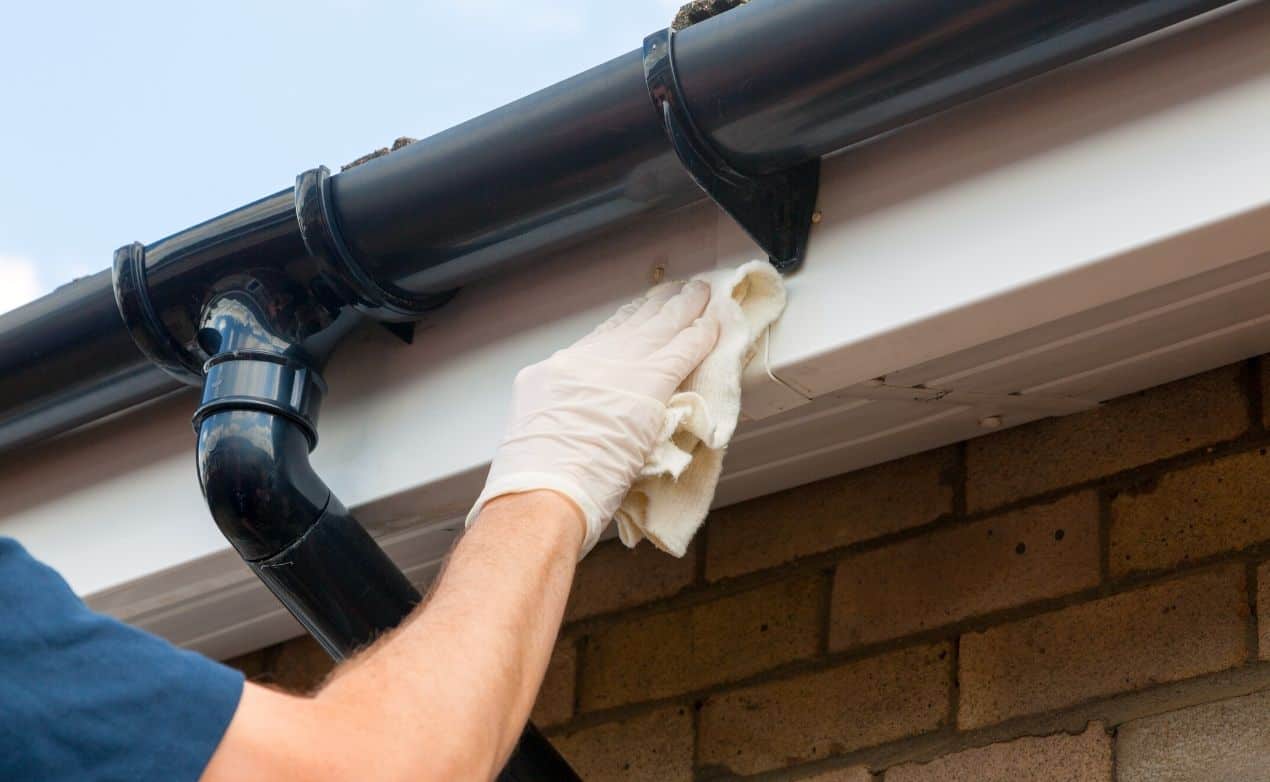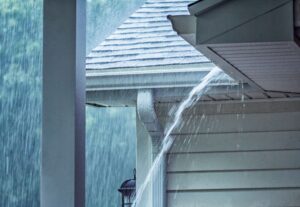The Importance of Rain Gutters in Preventing Water Damage
Rain gutters play a crucial role in protecting homes and buildings from the damaging effects of water. Their primary function is to channel rainwater away from the structure, preventing it from pooling around the foundation or seeping into walls. Without a properly functioning gutter system, homes become vulnerable to various types of water damage, which can lead to costly repairs and structural issues.
A well-maintained gutter system ensures that rainwater is directed safely away from the building, reducing the risk of erosion, basement flooding, and damage to exterior surfaces. Despite their simple design, gutters provide an essential service in maintaining the integrity of a property over time.

How Rain Gutters Protect a Home
One of the most significant threats to any building is moisture. When rainwater is not properly managed, it can cause a range of problems, starting from minor cosmetic damage to severe structural issues. Gutters prevent these problems by controlling the flow of water and directing it to designated drainage areas.
Foundation damage is a common consequence of poor water management. When rainwater collects around the base of a house, it seeps into the ground and creates hydrostatic pressure against the foundation walls. Over time, this pressure can cause cracks and structural instability. Gutters help prevent this by ensuring that water is carried away from the foundation.
Basement flooding is another concern when gutters are missing or malfunctioning. Without a proper drainage system, water accumulates near the foundation and can leak into basements, leading to mold growth and property damage. Gutters reduce this risk by directing rainwater away before it has a chance to penetrate the structure.
Exterior walls and siding can also suffer from water exposure. When rainwater spills over the roofline, it can lead to staining, rotting, and deterioration of the siding. Over time, this can compromise the appearance and durability of a home. Properly installed gutters prevent this by ensuring that water flows in a controlled manner, reducing the likelihood of damage.
Preventing Erosion and Landscaping Damage
Rainwater does not only affect a building itself but can also have a significant impact on the surrounding landscape. When water flows uncontrolled from the roof, it can erode soil, wash away plants, and create unsightly trenches around the property.
By directing water to downspouts and drainage areas, gutters help maintain the stability of the soil and preserve landscaping efforts. This is especially important for homes with gardens, flower beds, or sloped yards, where excess water can cause severe erosion. With a well-functioning gutter system, homeowners can protect their outdoor spaces while preventing standing water that can lead to mosquito breeding and other issues.
Roof Protection and Longevity
Another important function of gutters is protecting the roof itself. When rainwater is not effectively diverted away, it can accumulate on the roof, leading to moisture damage, mold growth, and even leaks. Over time, this can weaken shingles, cause wood rot in the underlying structure, and shorten the lifespan of the roof.
Ice dams are a particular concern in colder climates. When water from melting snow is not properly drained, it can refreeze at the roof’s edge, causing blockages and damage. Gutters help prevent this by allowing proper water flow and reducing the chances of ice buildup.
The Importance of Regular Gutter Maintenance
 While gutters provide essential protection, they can only function effectively when they are properly maintained. Clogged or damaged gutters can cause more harm than good by allowing water to overflow and accumulate in areas where it shouldn’t.
While gutters provide essential protection, they can only function effectively when they are properly maintained. Clogged or damaged gutters can cause more harm than good by allowing water to overflow and accumulate in areas where it shouldn’t.
Leaves, twigs, and debris can build up in gutters over time, leading to blockages that prevent water from flowing freely. Regular cleaning is necessary to ensure that rainwater is directed away as intended. Checking for leaks, cracks, or sagging sections is also important to maintain the effectiveness of the system.
In some cases, installing gutter guards can help reduce the amount of debris that collects in the system, making maintenance easier and improving overall performance. However, even with protective measures in place, periodic inspections and cleanings are essential to keep gutters functioning optimally.
Choosing the Right Rain Gutter System
The type of rain gutter system used can impact how well it performs. Various materials are available, including aluminum, copper, vinyl, and steel, each with its own advantages and drawbacks. The size and shape of the gutters also play a role in determining their effectiveness in handling water flow.
Seamless gutters are a popular option because they reduce the risk of leaks and require less maintenance than traditional sectional gutters. Downspouts should be properly positioned to ensure that water is directed safely away from the foundation, and extensions can be added if necessary to prevent pooling.
Professional installation can help ensure that gutters are correctly positioned and securely attached. While some homeowners may choose to install gutters themselves, hiring an expert can provide peace of mind that the system is properly designed for optimal performance.
Leave a Reply